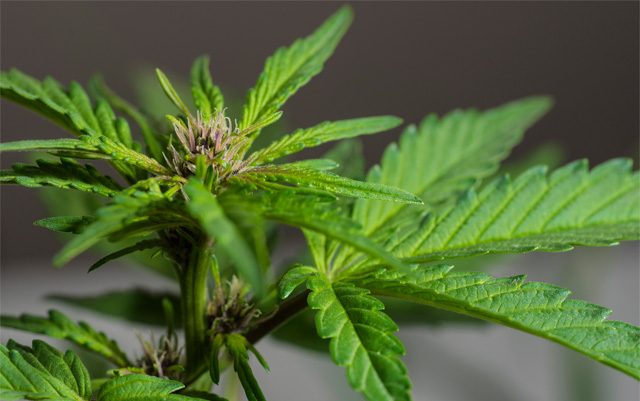For years, one of the medical conditions most commonly associated with medical marijuana use has been cancer. Patients suffering from cancer often turn to medical marijuana to help offset the side effects of chemotherapy like nausea, loss of appetite, and pain – as well as to help cope with the depression that often accompanies a cancer diagnosis. There have also been several small-scale studies done over the years that suggest medical marijuana may be beneficial in the treatment of cancer – not just to aid in quality of life during treatment.
This latest study was funded by the Pancreatic Cancer Research Fund and published in the journal Oncogene. Researchers found that using CBD alongside current chemotherapy drugs increased the survival rate in mice with pancreatic cancer when compared to those treated only with traditional chemo alone.
“Cannabidiol is already approved for use in clinics, which means we can quickly go on to test this in human clinical trials. If we can reproduce these effects in humans, cannabidiol could be in use in cancer clinics almost immediately, compared to having to wait for authorities to approve a new drug,” said lead researcher Marco Falasca from Queen Mary University of London.
Mice with pancreatic cancer were broken into three groups – those that were treated with a combination of CBD and Gemcitabine (a common chemotherapy medication), those treated with only Gemcitabine, and those that were left untreated. On average, the untreated mice lived about 20 days, while those receiving chemotherapy alone lived for roughly 23.5 days. It came as a surprise to researchers that those treated with CBD and chemotherapy lived around 56 days.
Pancreatic cancer is one of the most aggressive types of cancer, and survival rates have hardly improved in four decades – and most treatments are truly just a shot in the dark along with end-of-life care. This study, though small in scale and using mice rather than humans, gives hope to researchers that there may be a chance for a treatment that could greatly improve the odds of survival after diagnosis.
This study was conducted in England. In the U.K., research on CBD and medical marijuana is far more accessible than it is in the U.S. The CBD-based medication Epidiolex, which recently received FDA approval in the U.S., comes from British company GW Pharmaceuticals after years of clinical trials overseas. If researchers moved to clinical trials for CBD and cancer in the U.K. due to these studies, it is possible that – if their findings are consistent with these animal models – CBD could soon be approved for treatment of cancer in addition to epilepsy.






